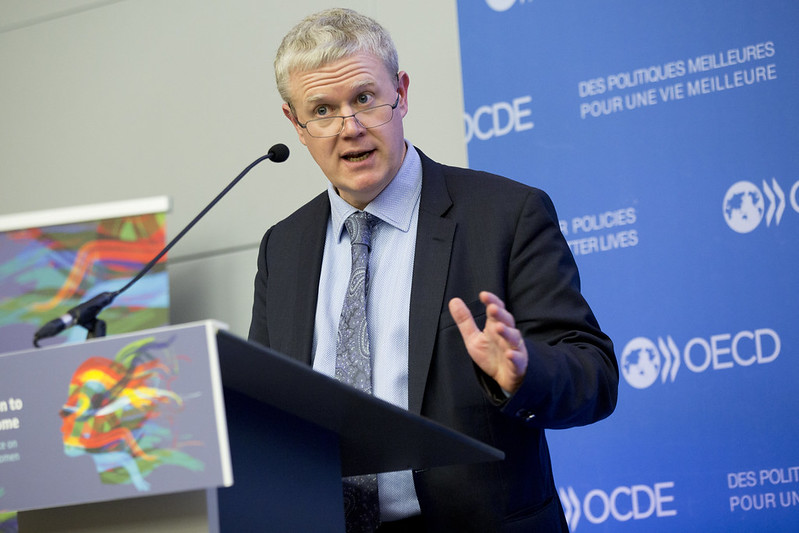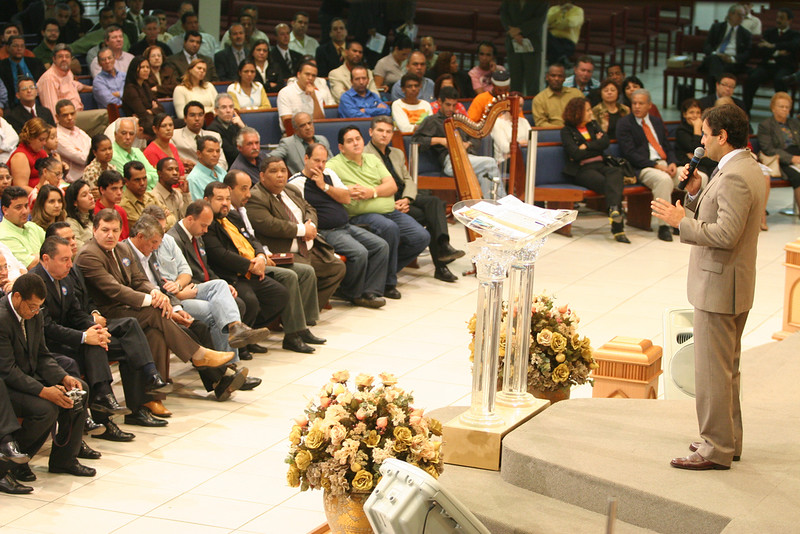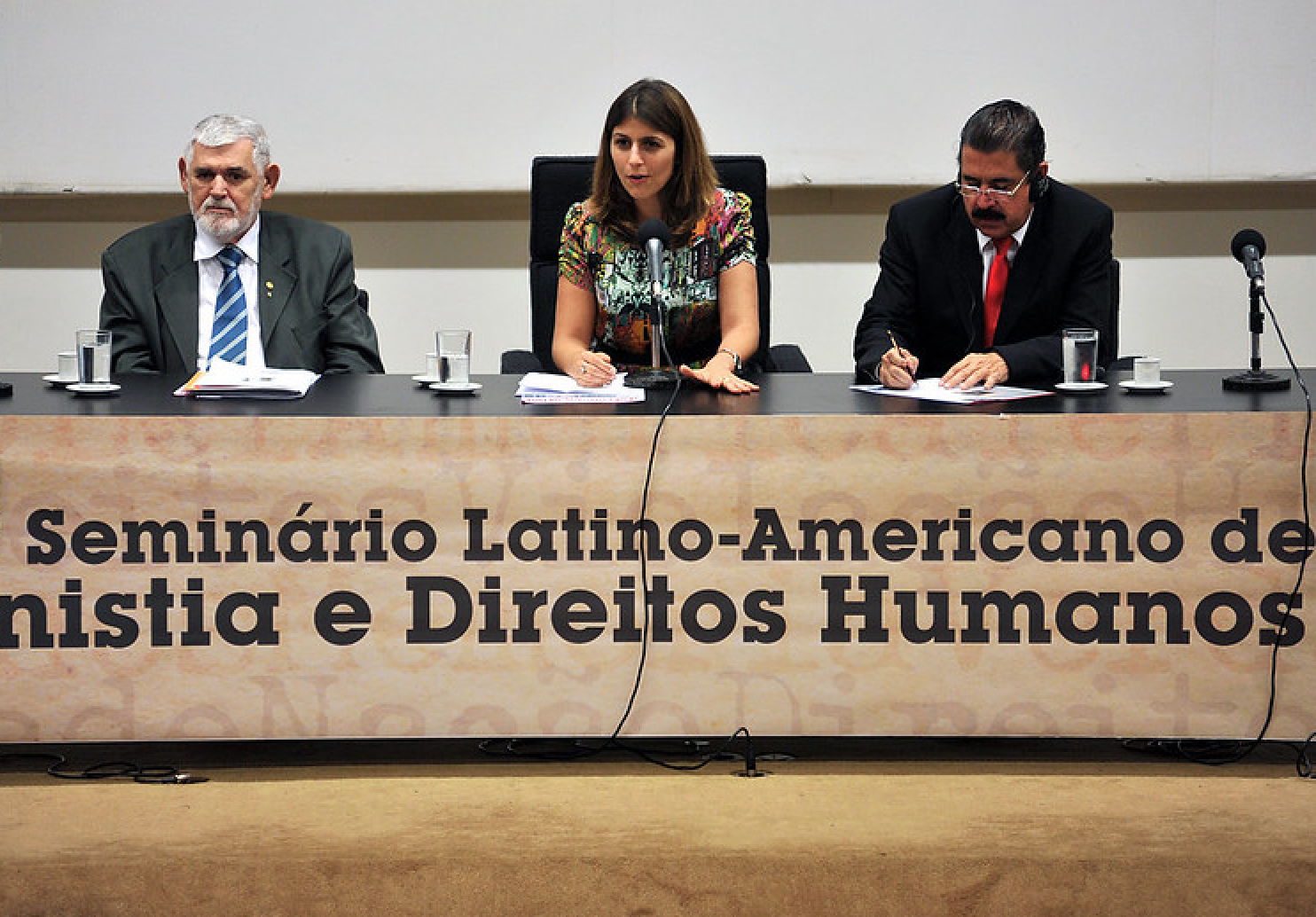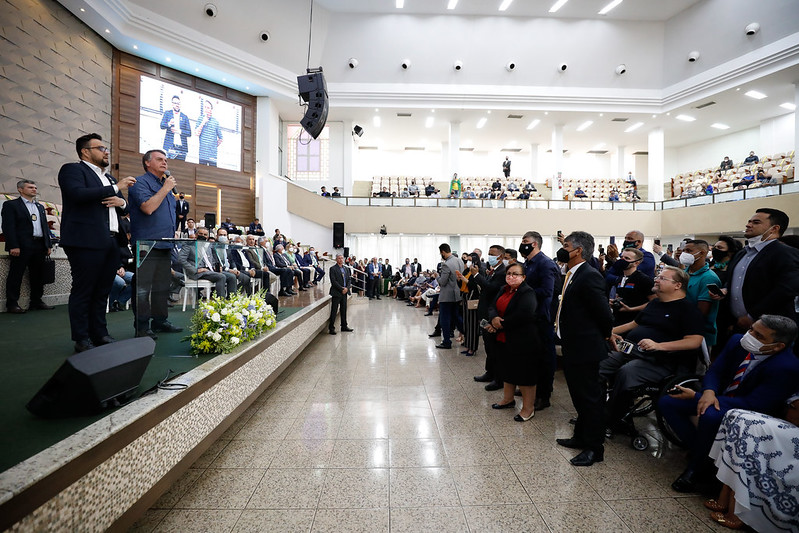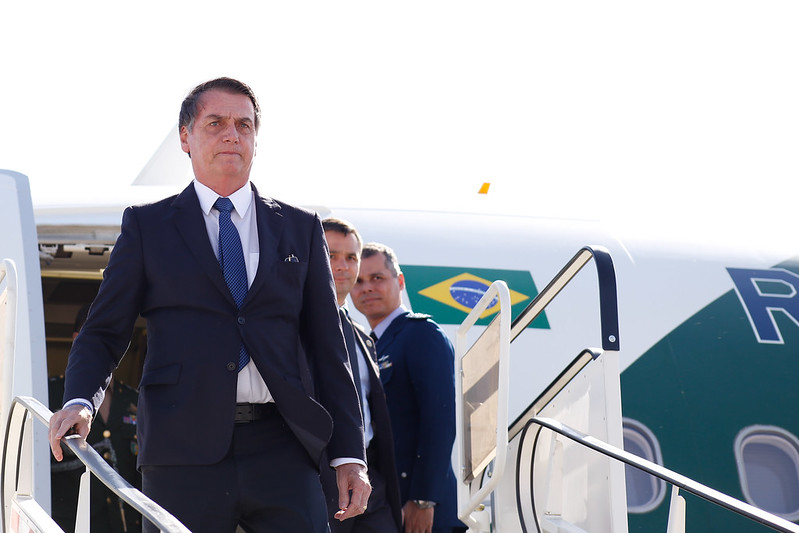Imakay Research Hub
Artigo
Brazil in the OECD: a late admission
31/12/2022
Bruno Santos Fonseca, PhD researcher at Portuguese Institute of International Relations (IPRI-NOVA)
After the results of the second round of the Brazilian elections, which gave victory to Luiz Inácio Lula da Silva (PT), and with the beginning of the transition process, will Brazil’s admission to the Organization for Economic Cooperation and Development (OECD) be something tangible with the new government?
OECD and its economic importance for Brazil
Brazil, a key partner of the OECD since May 2007 (already engaged with the organization since 1994), has been strengthening its cooperation through active participation not only in ministerial meetings, bodies and projects of the organization but also in its integration in studies and reports of key sectors for the OECD. This strategic path – fostered both by the organization and by Brazilian entities – has provided constructive dialogues following the presentation of Brazil’s formal candidacy to the OECD in 2017, as the country nurtures an important position in the global economy.
In an analysis conducted on Brazil’s economic development, the Financial Times mentions the problems that have limited a steady matrix of economic progress, as governed by the issue of political and economic governance that Brazilian governments have adopted: closed economy; high public spending; money diverted to political and party machines, as well as giving in to interest groups (lobbyists); deficit and/or stagnant investments and productivity in strategic sectors. These strategic sectors (at political, economic and social levels), besides benefiting from the geo-economic issues that Brazil enjoys, are often referred to and directed to the interest of some portions of society, and not to an effective concerted action of economic and social development more attractive to foreign investment. Not being conclusive/restrictive, but the need to attract ESG (Environmental, Social and Corporate Governance) investors, based on sustainable practices and the urgent and necessary conclusion of the Mercosur-EU trade agreement will become mechanisms for the opening and consolidation of the Brazilian economy in the global political and economic sphere.
The OECD has the objective of building policies that promote structural dimensions based on prosperity, equality, opportunity and welfare so that it is possible to act, combat and find solutions to the social, economic and environmental challenges currently faced by world society. In January 2022, the OECD Council started the negotiations and process for the accession of Brazil (and also Argentina, Peru, Romania, Bulgaria and Croatia) to the economic organization.
The Roadmap setting out the terms and conditions for Brazil’s accession to the OECD Convention was adopted on June 10, 2022, which presents the entire “detailed process for assessing a country’s alignment with OECD standards, policies and practices, which is necessary to become a member of the organization,” according to Mathias Cormann, secretary-general of the organization. Following this step, the Brazilian government, headed by outgoing President Jair Messias Bolsonaro (PL), submitted to the OECD the initial memorandum with the basis for negotiations and future legislative efforts and commitments, policies and practices of the 32 sectors of the Brazilian economy so that they converge with the organization’s standards – of the 208 legislative standards (out of around 250) required for admission to the OECD, Brazil has already met close to 110, according to the latest data.
Membership in the OECD – and the conclusion of other international agreements and negotiations – will also allow Brazil to reinsert itself in international spheres, as it wishes to begin the process of joining the United Nations Security Council on a permanent basis.
Admission and OECD and world signals
In the process of Brazil’s accession to the OECD, some areas that are present in the Roadmap with the determinations and specificities of the negotiations and that have been subject to greater scrutiny by the competent committees due to their importance, the issues are similar to those that have barred the conclusion of the Mercosur-EU trade agreement: the need to apply significant structural reforms in a dimension of sustainability and green growth; openness to trade and investment; governance and integrity of anti-corruption efforts; and urgent protection of the environment, biodiversity and the climate.
According to Reuters, a report published by Transparency International between the two rounds of the 2022 Brazilian presidential elections indicated that corruption levels in the country are high, causing Brazil to drop in the world index regarding improvements and the fight against corruption – mainly due to the interference of Jair Bolsonaro’s government in the work of agencies and the application of anti-corruption legislation. At the same time, the association warned that the setbacks in the fight against corruption are “worrying” due to the constant lack of independence of Brazilian institutions in general.
Also in 2019, the UK Ambassador to Brazil, Vijay Rangarajan, expressed support for Brazil’s entry into the OECD, stating that this “is an international process of great importance, especially at this time, when multilateral institutions are increasingly being challenged”. At the same time, the US had already shown support for Brazil’s accession process, ratifying and reinforcing the efforts of the Latin American country in seeking membership of the organisation and in pursuing the stipulated objectives and requirements, according to a note published on the website of the US Embassy and Consulates in Brazil.
Brazil’s accession to the OECD will make it possible not only to develop standards governing the world economy – especially for what is adopted by the organization’s member countries – but also to adapt national legislation at the customs level, which has kept away and discouraged investors from entering the Brazilian market. In an allusion to the Mercosur-EU agreement, some European Union countries, such as Germany, are about to approve legislation that aims to apply sanctions to companies that somehow participate in business with Brazilian companies that operate in the illegal deforestation of the Amazon, a situation that may directly or indirectly affect Brazil, since most OECD member countries are in Europe and have the vote to approve or deny the country’s membership in the organization.
Brazilian political-economic question: a future in the OECD
With a politically polarized society and concerns around fiscal balance in the wake of the 2022 presidential elections, Brazil still manages to present itself as the largest economy in Latin America. However, the room for maneuver that the Brazilian political authorities have in approaching its international partners (USA, EU, China and even Russia) will indeed enable a more tangible and concrete economic development compared to that seen in the last decade.
The Brazilian economy, beset by consequences resulting from the covid-19 pandemic and problems associated with inflation and the rising cost of living, is now beginning to show signs of recovery, as shown by data on unemployment which, despite standing at 9%, is at its lowest point in almost seven years. Although there have been significant improvements in economic indicators in recent months, the economy’s growth continues to be only 0.36% over the last decade, justified by oscillations over the years and in the exchange rates that the country has experienced – in addition to the political dimension of global isolation.
Economic analysts indicate that the government of Brazil’s next president, Luiz Inácio Lula da Silva, will face adverse domestic conditions that could limit growth, such as increased spending and taxes due to the occurrence of a surplus achieved in recent years. On the other hand, they also point to the openness to the world in this new governing wave and describe the Brazilian economy as resilient due to its protectionism and being in a bubble that has protected it, in certain aspects, since it has not directly suffered the impacts of global geopolitical tensions as well as credibility macroeconomic issues.
In his third mandate, Lula da Silva will govern one of the largest economies in the world, revitalizing not only the action itself in terms of economic growth but also external support, which has been signaled to the new ruler by international political actors, such as the United States and the European Union, in an indication of the pursuit of political stability necessary in order to achieve a consequent economic and social stability in the country. However, despite Brazil demonstrating strong cooperation in the South-South context and being one of the largest producers of commodities in the world (an increase that occurred mainly during Lula’s first two terms of office, from 2003 to 2010), the accession process will follow a careful assessment carried out by more than 20 committees that will analyze whether all legislation is in line with the rules and competitive standards established by the OECD.

